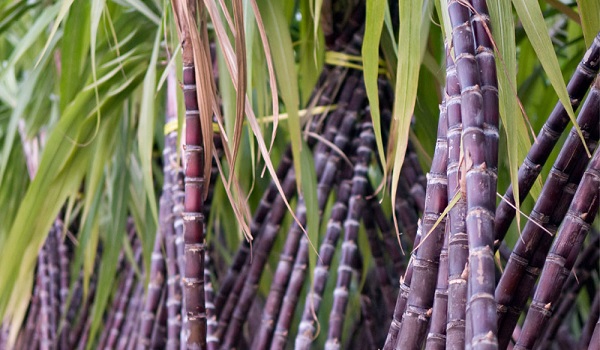The demand for low-sugar and no-sugar beverages in India surged in 2024, with sales doubling to reach ₹700-750 crore. These healthier drink alternatives now account for 10% of the overall beverages category, reflecting a shift in consumer preferences influenced by social media trends and rising health concerns, including the growing prevalence of diabetes.
Industry estimates from NielsenIQ and internal data highlight that the trend mirrors global patterns as Indian consumers move away from high-sugar drinks. Urban markets have been key drivers of this shift, as health-conscious consumers increasingly opt for beverages with reduced or no sugar.
Major beverage companies have responded to this growing demand by expanding their product portfolios. Varun Beverages, PepsiCo’s bottling partner, reported that low- and no-sugar drinks contributed 44.4% to PepsiCo’s sales volume in 2024, marking the highest jump in a single year. The company has already introduced no-sugar variants such as 7 Up, Pepsi Black, and Gatorade in India and expects more products to enter the segment in the coming years.
Coca-Cola India has also witnessed strong demand for its low- and no-calorie offerings, including Coke Zero, Diet Coke, and Sprite Zero. The company has removed supply constraints to ensure a complete beverage portfolio and is expanding into functional, low-calorie drinks such as BodyArmor Lyte, Charged, and Honest Tea to cater to consumers focused on hydration and wellness.
Juices are experiencing a similar trend, with the no-added-sugar category growing by 10.4% in 2024, while sales of added-sugar fruit juices declined by 9.6%, according to data from NielsenIQ. Dabur India reported that its Real Activ no-added-sugar juice range saw 110% growth in 2024, supported by increasing consumer interest in healthier choices and improved accessibility through organised retail, e-commerce, and quick commerce.
Market analysts attribute this shift to social media-driven awareness about health, fitness, and wellness. Influencers, such as wellness coach Luke Coutinho, have played a crucial role in encouraging consumers to adopt healthier dietary habits. Additionally, trends like alcohol-free social gatherings and reduced sugar intake have reshaped urban consumption patterns.
Experts believe government intervention could further accelerate this shift. The National Advocacy in Public Interest (NAPi) has called for faster implementation of front-of-pack warning labels to help consumers make healthier choices.
The low-sugar trend is not limited to beverages alone. Biscuit and ice cream manufacturers are also adjusting to changing consumer demands. Parle Products reported a 20% year-on-year growth in its sugar-free cream crackers, while Britannia Industries reduced sugar content in multiple products, including Britannia Nutrichoice Digestive, Milk Bikis, and Winkin Cow chocolate shake.
As summer approaches, companies anticipate a further increase in demand for healthier beverages, reinforcing the ongoing transformation of India’s food and beverage industry towards a more health-conscious future.


